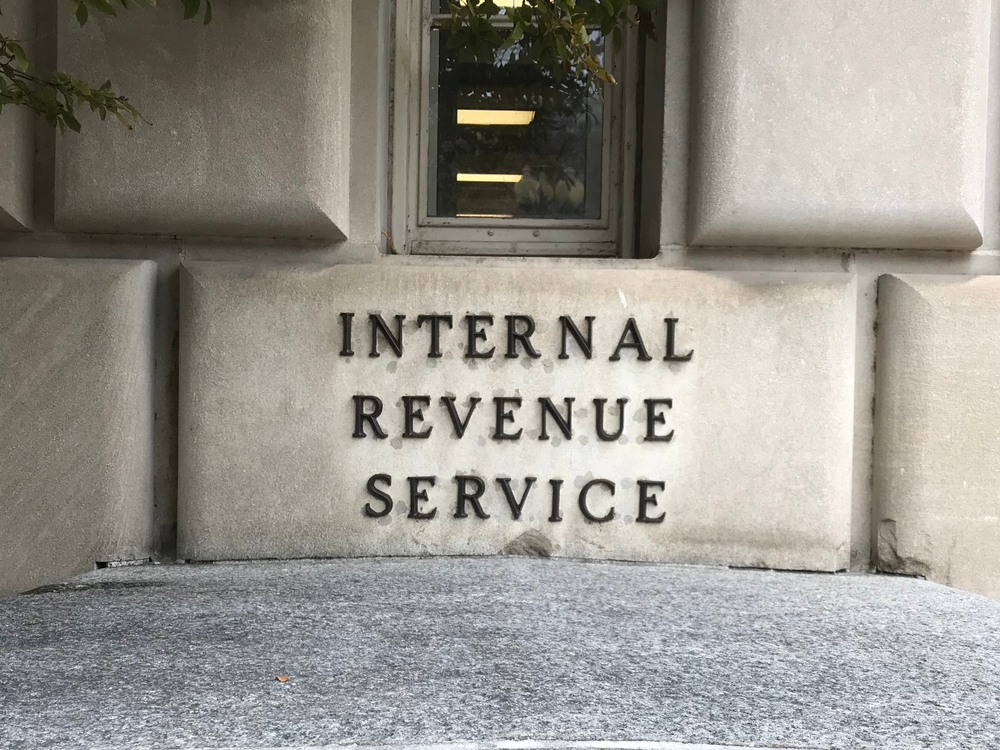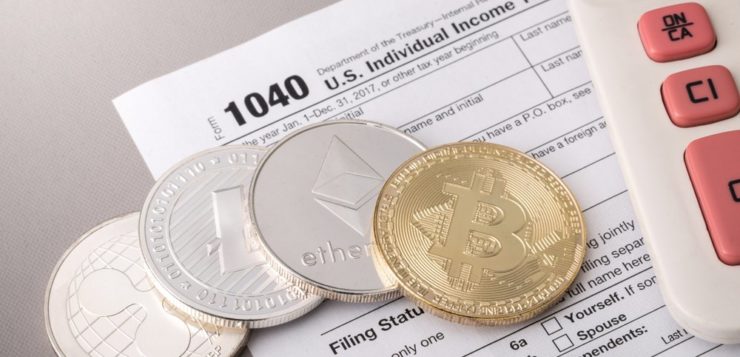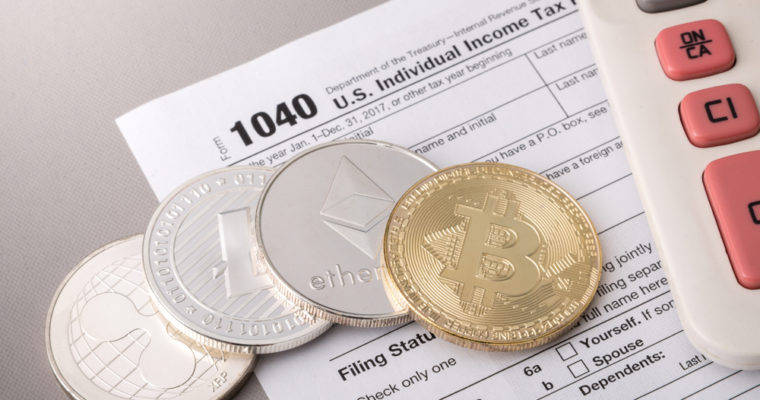Every time you convert Bitcoin to anything, be it goods or services, other cryptocurrencies, or even tax payments, it might be a taxable event, depending on your local regulations. It’s not something a lot of cryptonaughts think about when carrying out their daily lives, but potential penalties can be steep for tax evasion. Node40 is a company that originally started out hosting Dash Masternodes for a fee – and they still do this – but then realized that their background as coders could potentially help people in the US blockchain industry accurately assess their cryptocurrency tax liabilities.
Node40 is one of the few providers in the space, having developed what amounts to a QuickBooks for blockchain tokens.
CCN spoke to Perry Woodin and Sean Ryan, the co-founders of the company, recently about the significant increase in demand for their product since Bitcoin blew up last year and many thousands of Americans, potentially millions, entered the cryptocurrency market for the first time. In Sean’s view, there is a woeful lack of education among cryptonaughts as regards their tax liabilities and burden to the US government.
“If people are transacting in digital currency, it’s important that anyone understands that there’s a tax obligation on their part. Whether they’re paying their taxes or whether they’re day traders trying to make it big in the crypto world – it doesn’t matter. Any time you’re interacting with digital currency, it’s important that people understand there is a tax liability.”
The software allows a user to easily integrate with the crypto exchanges and wallets that they use, determines the values that were traded and what needs to be reported. It streamlines the process for the users, who may otherwise find it very difficult to determine what amounts were actually traded. Ryan believes that the 1099-K forms that traders will be receiving from exchanges in the next tax season will be quite inaccurate, not telling the whole story, and that his company can help people by enabling them to have a much more detailed picture of their trade history. Perry Woodin said of the forms:
“Many people are going to be receiving 1099-K forms this year from the exchanges they’ve interacted with, and we know that those forms are likely not going to be accurate. Our system will be able to deliver a more accurate number, and people are likely to need that.”
The ‘QuickBooks of the Blockchain World’

Node40 has three product tiers, and users who just want the basic service can sign up for free. Users who need more advanced features can pay $750 a year, although right now it’s 50% off. They believe that demand for their product is only going to increase. Unlike most blockchain industries, they say, tax accounting software doesn’t rely on market performance. If Bitcoin goes down, people need them. If the Bitcoin price goes up, people need them even more.
Sean Ryan said that Node40 had seen a serious increase this year in the number of professional accountants and law firms who have had requests from their own clients on how to deal with cryptocurrency and the government. He said, “While we are not lawyers or accountants, we’ve developed a product that serves them. What we’re seeing is an increase in CPAs and law firms who want to see how we can fit into their world.”
On the subject of Ohio’s tax collectors accepting Bitcoin in lieu of fiat payment, Ryan said that it actually creates a federally taxable event for the user, so the user has to consider whether they are saving enough in fees to pay in that method to offset the obligations that might be created at the federal level. “Ohio doesn’t care,” he said, pointing out that in some cases it could be beneficial to spend cryptos in that manner.
“This is a good year because if I receive Bitcoin from my customers paying my January invoices in Bitcoin, I am receiving it at a very high value. Say $8,000. Now the price of Bitcoin is plummeting throughout 2018, I’m continuously getting less and less value. So the cost basis of what I’m receiving changes. Every time I receive it, it has a different value. So at the end of the year when it comes time to pay taxes, I’m using that Bitcoin that I’ve received at all different cost bases, and Ohio doesn’t care, but the federal government certainly cares that I’m disposing of Bitcoin now.”
In a press release put out after our interview which focuses on how 2018 will be the year that a lot of people report crypto losses to offset their other tax liabilities, co-founder Perry Woodin said:
“It is clear that, with the huge falls in cryptocurrency markets during 2018, many people will be weighing up whether this is a good opportunity to reveal the losses they have suffered. In doing so, they will be looking to take advantage of these losses in order to offset other tax liabilities. Having not reported their crypto activity up to now though, those choosing to reveal losses this year will need to report their crypto positions every year from now on, giving the tax authorities much better visibility of people’s crypto involvement.”
One thing is for sure: neither cryptocurrency nor the federal government are going away anytime soon, and the IRS has shown a definitive willingness to adapt to the changing times. Ryan and Woodin believe that people will be more willing to pay their taxes if they have an easier means to do so, and that by solving the education gap that intersects taxation and crypto, they will help create a more equitable and sane environment for blockchain entrepreneurs to operate in.
Images from Shutterstock
Get Exclusive Crypto Analysis by Professional Traders and Investors on Hacked.com. Sign up now and get the first month for free. Click here.








